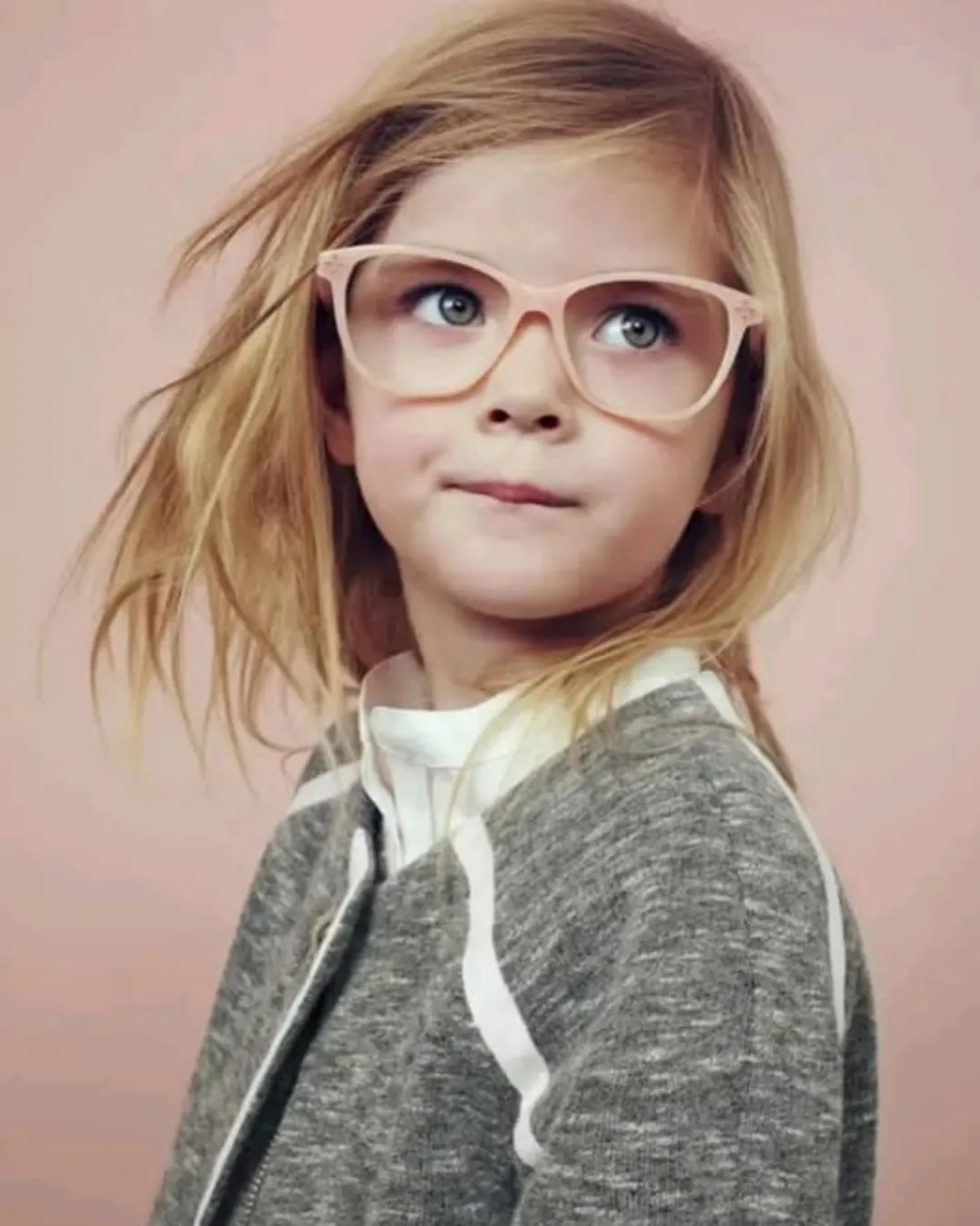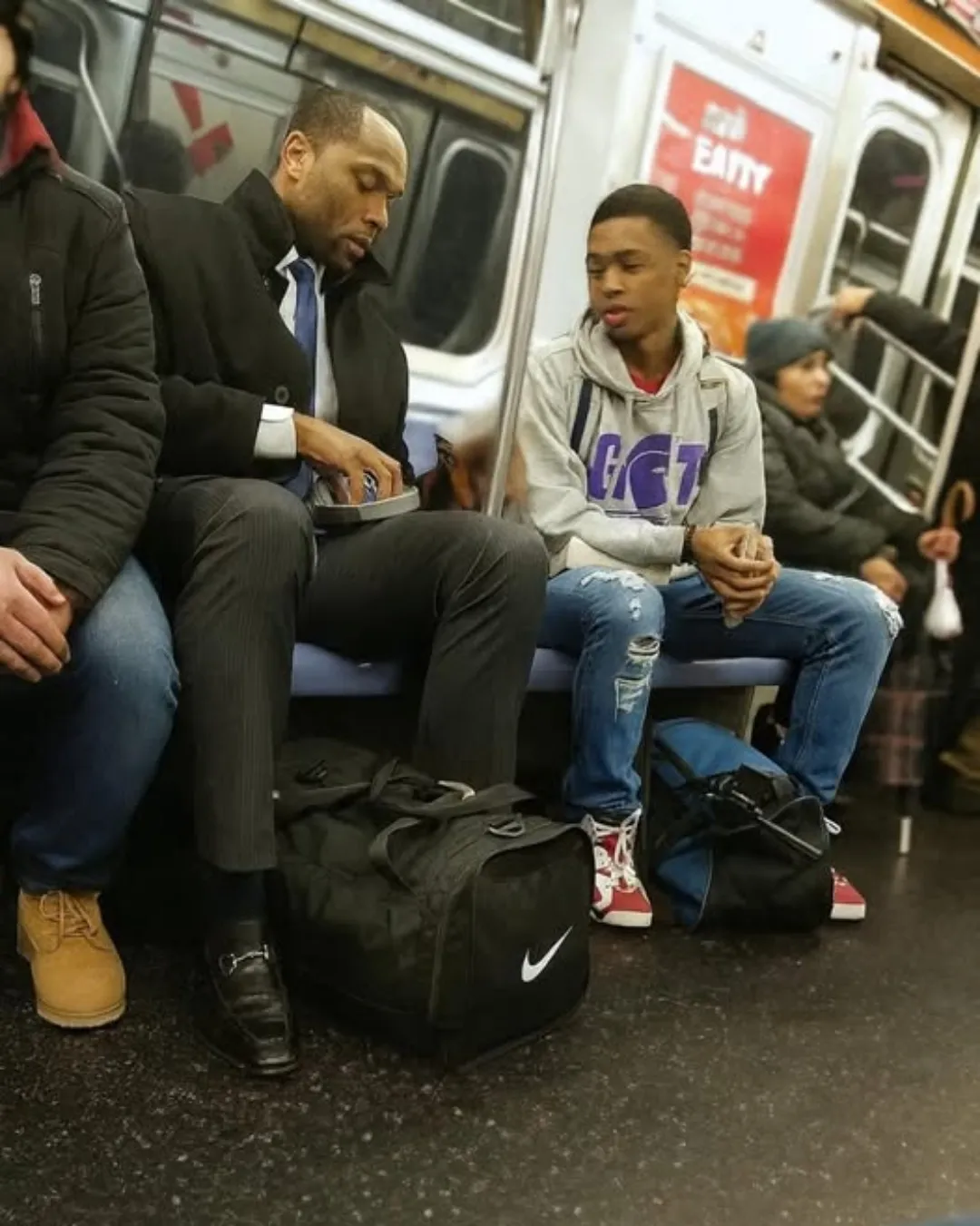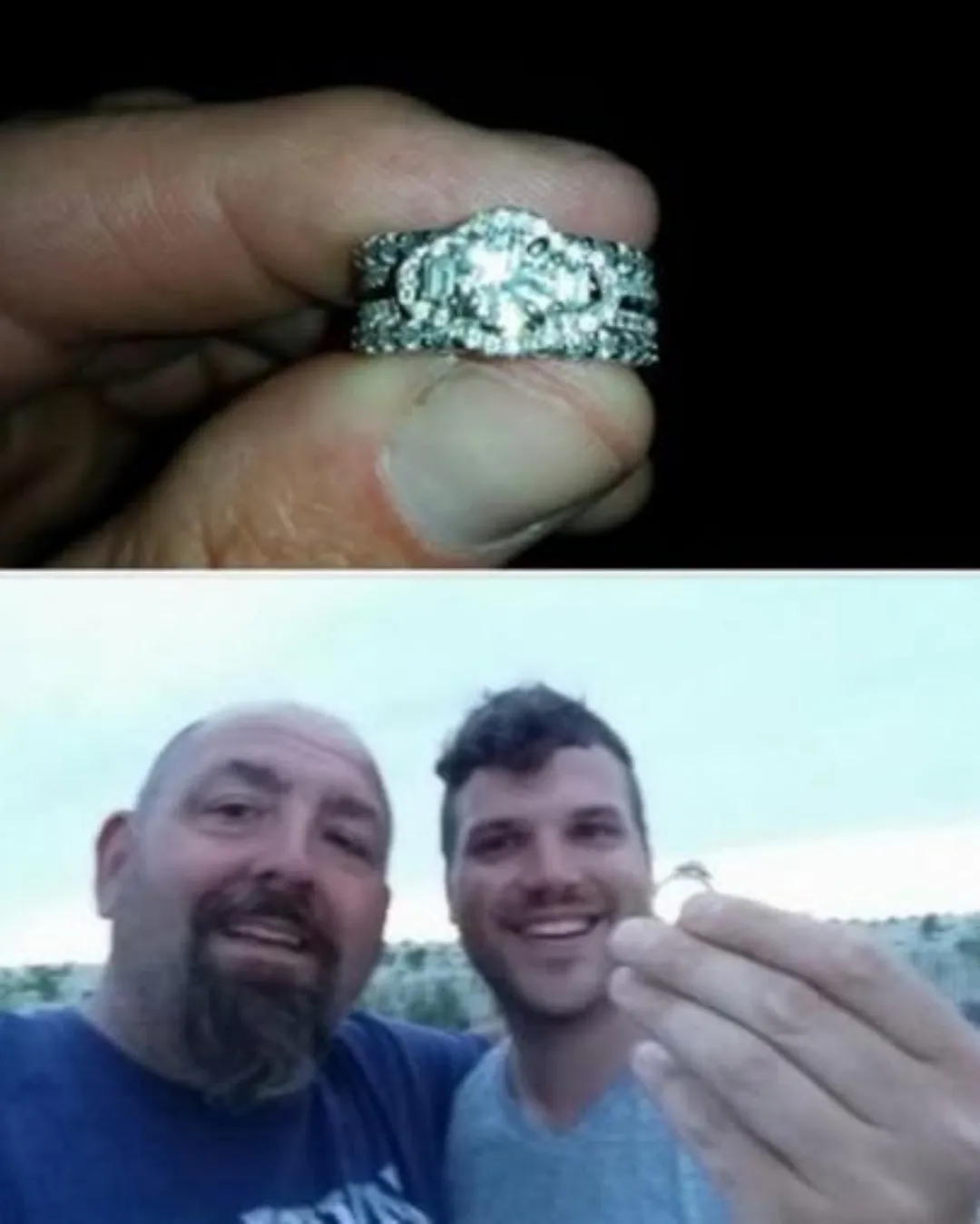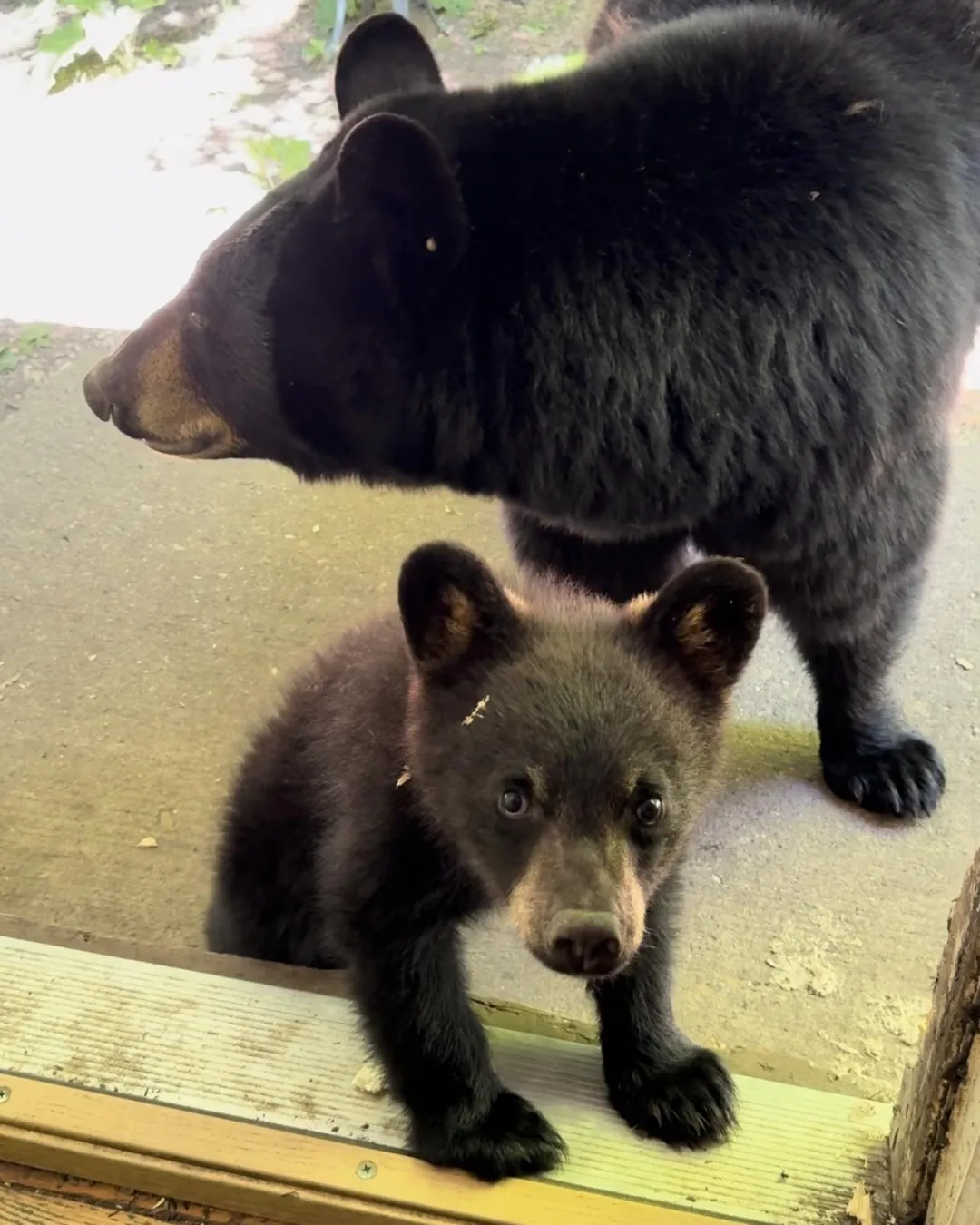The Day Strangers Became a Lifeline614
The morning had started like any other — quiet, unremarkable — until a cry for help broke the stillness. On a stretch of muddy shore, a dolphin lay stranded, its massive 500-pound body slick with drying mud, its breaths shallow and labored. The tide had retreated, leaving it helpless and exposed. Without help, the sun and its own weight would soon be too much to survive.
Within minutes, people began to gather. They didn’t know each other, but the urgency of the moment pulled them together like old friends with a shared purpose. No one wasted time asking questions. Someone ran for buckets of water, splashing it gently over the dolphin’s skin to keep it cool. Another laid damp cloths across its back, shielding it from the heat. A man knelt at its head, watching the rise and fall of its chest, murmuring reassurances no dolphin could understand — but perhaps could feel.

They worked in unspoken rhythm, each person sensing what the others needed. Heavy straps were slid carefully beneath the dolphin’s body, mud sucking at their boots with every movement. Lifting was slow, deliberate; too much strain could injure the animal further. The air was thick with the smell of salt and wet earth, the sound of effort marked by grunts, quick breaths, and the occasional word of encouragement.
Step by step, they moved. The straps dug into their palms, muscles burned, but no one stopped. The first glimpse of the ocean ahead renewed their strength. Waves lapped the shore, as if calling the dolphin home.

At last, they reached the water’s edge. Together, they lowered the animal into the shallows. For a moment, it simply floated, still and silent, the water cradling its heavy body. Then, with a sudden flick of its powerful tail, it surged forward, sending a spray of seawater into the air.
In seconds, it was gone — a flash of gray vanishing into the deep blue. The ripples it left behind spread outward, touching the feet of the people who had carried it to freedom. They stood there, wet, muddy, and exhausted, but smiling.
They hadn’t just saved a dolphin. They had proven that in moments when life hangs by a thread, compassion can be the bridge between the human heart and the wild ocean.
Why I Never Want My Daughter to Stop Looking Around619

The afternoon light filtered softly through the kitchen window as my daughter placed her progress report in my hands. The paper was crisp, dotted neatly with check marks that reflected her growth, her effort, her steady little triumphs. Yet, one mark stood alone, set apart from the others.
“How am I doing, Mom?” she asked, her voice small but tinged with a maturity that felt older than her years. She peered up at me through smudged eyeglasses that slid precariously down her nose, her hair a little tangled from the day. Her tiny finger landed on the teacher’s note beside the solitary check mark:

I had known this long before it appeared in black and white. Since she was a toddler, my daughter had always been a quiet observer of the world, noticing details most adults rushed past.
I read aloud all the positives, making sure she saw how many there were, how brightly they shone. Then I gently told her about the teacher’s note. She gave me a shy, uncertain smile, as if she were bracing for disappointment, and whispered, “I do look around a lot.”
In that moment, I refused to let a seed of shame take root. I bent down, eye level with her, so she would not only hear my words but feel their truth.
“Yes,” I told her softly, “you do look around a lot. And that is your gift.”
I reminded her:
“You noticed Sam sitting alone with a skinned knee on the field trip, and you went to comfort him.
You noticed Banjo’s runny nose, and because of you, the vet caught his illness early.
You noticed how hard our waitress was working, and you suggested we leave her an extra good tip.
You noticed Grandpa slowing down, and instead of running ahead, you stayed with him.
You notice the beauty of the view every time we cross the bridge to swim practice.”
Her eyes grew wide, her little shoulders straightening as she absorbed the words. A shy smile spread into something radiant, a glow of acceptance and pride.
“I don’t ever want you to stop noticing,” I told her firmly. “The world needs people like you. Your noticing is your gift, and it makes the world better.”
And as I watched her beam, I realized something profound: her so-called distraction was, in fact, presence. Where others overlooked, she paid attention. Where others hurried, she paused.
The truth is, we are all waiting for someone to notice — notice our pain, our scars, our small victories, our courage to keep going.
And when someone truly notices, it feels like being seen for the first time.
My daughter, in her quiet way, had that gift. And perhaps, if she never stopped noticing, she just might change the world.





